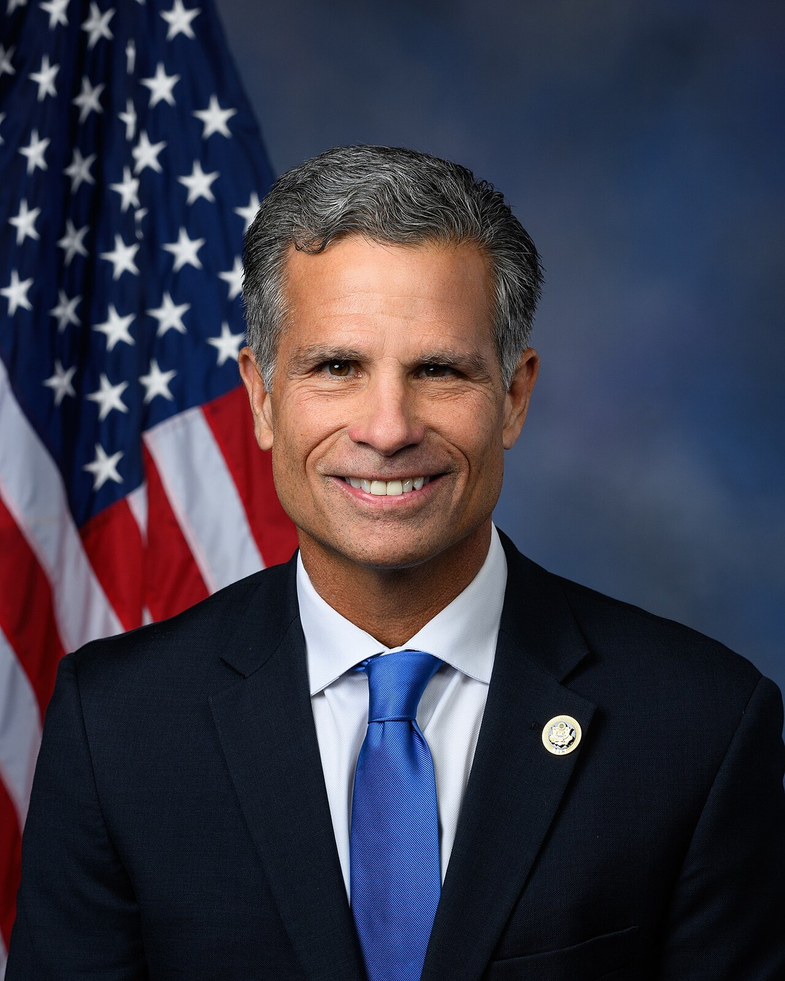H.R. 1533: PIIA Reform Act
This bill, named the PIIA Reform Act, aims to enhance the oversight and management of improper payments within federal programs by creating a dedicated position known as the "Overpayment Czar." Here’s a breakdown of its main components:
1. Establishment of the Overpayment Czar
The bill establishes a new Director of Improper Payment Mitigation, referred to as the Overpayment Czar, who will operate under the Office of Federal Financial Management. This role will help federal agencies identify, prevent, and reduce improper payments and fraud. The Overpayment Czar's responsibilities include:
- Assisting federal agencies in recognizing and mitigating improper payments.
- Recommending strategies to address issues related to improper payments.
- Submitting annual reports to propose improvements for payment integrity.
2. Duties and Authority
The Overpayment Czar will have the authority to recommend policy changes to improve the estimation of improper payments across executive agencies. This will help ensure more accurate tracking and management of funds within federal programs.
3. Amendments to Financial Management Requirements
The bill requires that financial management plans from federal agencies include strategies for reducing improper payments. This includes improvements in fiscal responsibility and oversight practices.
4. Expanding the Definition of Improper Payments
The definition of improper payments in federal programs will be broadened to cover:
- New federal programs with significant payment amounts in their first year;
- Programs that are facing unresolved recommendations from auditors;
- Programs with high expenditure expectations in their early years.
5. Reporting and Compliance Measures
Agencies will be required to submit reports detailing their progress in implementing necessary financial and administrative controls. They must also identify fraud risks and outline corrective measures taken to enhance fraud prevention.
6. State Compliance and Payment Integrity Tools
States that receive federal funding must utilize specified payment integrity tools and report their effectiveness. If a state fails to comply, it will face penalties, including repayments to the Treasury for any improper payments occurring within the applicable programs.
7. Noncompliance Penalties for Agencies
Federal agencies not complying with established improper payment protocols may face a reduction in their budget authority. These penalties escalate with continued noncompliance over multiple fiscal years.
8. Data Sharing for Payment Integrity
The bill also emphasizes the improvement of data sharing between agencies to prevent improper payments, particularly targeting payments made to unauthorized recipients.
9. Implementation Timeline
Most provisions of the bill will take effect one year after its enactment, allowing agencies and states the necessary time to adjust their practices and incorporate the new requirements.
Relevant Companies
None found.
This is an AI-generated summary of the bill text. There may be mistakes.
Sponsors
1 sponsor
Actions
2 actions
| Date | Action |
|---|---|
| Feb. 24, 2025 | Introduced in House |
| Feb. 24, 2025 | Referred to the Committee on Oversight and Government Reform, and in addition to the Committee on Ways and Means, for a period to be subsequently determined by the Speaker, in each case for consideration of such provisions as fall within the jurisdiction of the committee concerned. |
Corporate Lobbying
0 companies lobbying
None found.
* Note that there can be significant delays in lobbying disclosures, and our data may be incomplete.
Potentially Relevant Congressional Stock Trades
No relevant congressional stock trades found.
